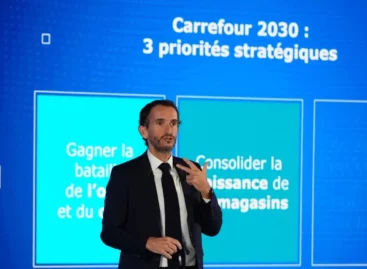Artificial intelligence is tempting, but you have to be careful about your rights
The corporate application of artificial intelligence has many opportunities, but also many legal pitfalls, warns the international law firm Baker McKenzie.
With the help of generative artificial intelligence (AI), we can create different content – texts, images or even software source codes – by giving simple instructions, so-called prompts. For companies, this offers countless application possibilities, so it is no coincidence that companies invest in software using generative AI or develop their own solutions. It is therefore worth examining their legal aspects.
What data did AI learn from?
One of the essential questions of legal application is whether generative AI legally uses the data fed in during machine learning. These are often protected by some kind of intellectual property rights: if the content that makes up the totality of the entered data is individual and original, it is at least protected by copyright. In addition, the content can be classified as a trademark (if, for example, the image used by the MI is a graphic trademark) or a patent, if, for example, the purpose of the MI is to generate design documentation for technical equipment, and the software development company develops the MI using such design documentation.
“In these cases, as a general rule, permission from the right holder is required for use
said dr. András Gaál, a lawyer dealing with data protection and technology law at Baker McKenzie.
Related news
Carrefour Unveils 2030 Strategy, To Focus On France, Spain And Brazil
🎧 Hallgasd a cikket: Lejátszás Szünet Folytatás Leállítás Nyelv: Auto…
Read more >Forced paths: trends and decisions in 2026
🎧 Hallgasd a cikket: Lejátszás Szünet Folytatás Leállítás Nyelv: Auto…
Read more >Related news
Lidl guarantees fairer prices for cocoa farmers
🎧 Hallgasd a cikket: Lejátszás Szünet Folytatás Leállítás Nyelv: Auto…
Read more >40 secure jobs, sustainable solutions – new BURGER KING® in Csepel
🎧 Hallgasd a cikket: Lejátszás Szünet Folytatás Leállítás Nyelv: Auto…
Read more >







